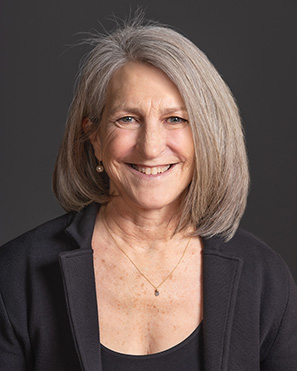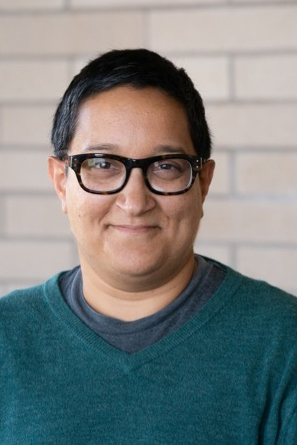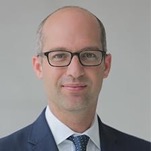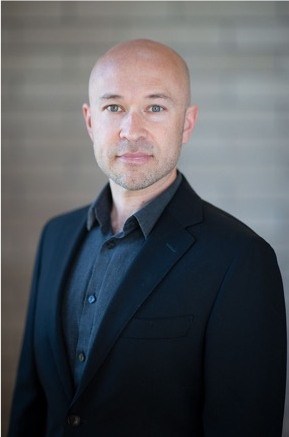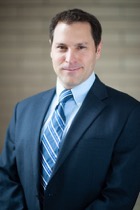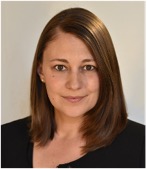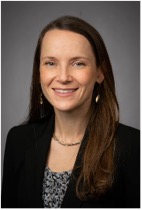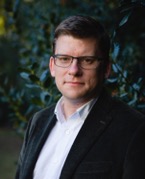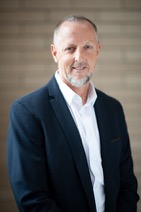May 6 and 7, 2021
Sponsored by Carnegie Corporation of New York
The Responsible Public Engagement Institute brought together 29 PhD students, postdoctoral researchers, and early-career faculty from across Asia, North America, Europe, and the Middle East, along with 13 instructors for a two-day, virtual training on responsible policy engagement and addressing challenges around both navigating direct engagement with different sets of policy-consequential actors at various stages of the research process and disseminating research for policy audiences. The participants and instructors served as the test bed for the Responsible Public Engagement Curriculum and they contributed greatly to refining the content and identifying areas for future curricular development.
Thursday, May 6
8:00 – 8:30am
Introduction & Day 1 Overview
8:30 – 9:00am
Participant Introductions
9:00 – 9:15am
Stretch & Coffee Break
9:15 – 10:45am | Session 1
Unpacking the Black Box:
The Policy Process and Opaque Institutions
[Judd Devermont & Leanne Erdberg Steadman]
Download PDF | Download PowerPoint
10:45 – 11:00am
Stretch & Coffee Break
11:00am – 12:00pm | Session 2
Pro-Social Lying and Seduction
[George DeMartino & Jason Lyall]
Download PDF (DeMartino) | Download PowerPoint (DeMartino)
Download PDF (Lyall) | Download PowerPoint (Lyall)
12:00 – 12:30pm
Activity / Discussion
12:30 – 1:30pm
Lunch Break
1:30 – 2:30pm | Session 3
Cherry-picking, Asymmetric Expertise, and Uncertainty
[Cullen Hendrix & Timothy Sisk]
Download PDF (Hendrix) | Download PowerPoint (Hendrix)
Download PDF (Sisk) | Download PowerPoint (Sisk)
2:30 – 3:00pm
Activity / Discussion
3:00 – 3:15pm
Stretch & Coffee Break
3:15 – 4:15pm | Session 4
Perceptions of Engagement
[Julia Macdonald & Ryan Powers]
Download PDF | Download PowerPoint
4:15 – 4:45pm
Activity/Discussion
4:45 – 5:15pm
Day 1 Wrap-up
Friday, May 7
8:00 – 8:30am
Day 2 Overview
8:15 – 9:15am | Session 5
Navigating Between Inconvenient and Mistaken Facts Among Multiple Stakeholders
[Deborah Avant & Tricia Olsen]
Download PDF | Download PowerPoint
9:15 – 9:45am
Activity / Discussion
9:45 – 10:00am
Stretch & Coffee Break
10:00 – 11:00am | Session 6
The Ethics of Partnering with Civil-Society Organizations for Policy Engagement
[Oliver Kaplan]
Download PDF | Download PowerPoint
11:00 – 11:30am Activity / Discussion
11:30am – 12:30pm
Lunch Break
12:30pm – 1:30pm | Session 7
Unintended Consequences: How Good Faith Policy Advising and Interventions Can Lead to Bad Outcomes
[Naazneen Barma & Rachel Epstein]
Download PDF | Download PowerPoint
1:30 – 2:00pm Activity / Discussion
2:00 – 2:15pm
Stretch Break
2:15 – 3:45pm
Day 2 Wrap-up & Moving Forward

